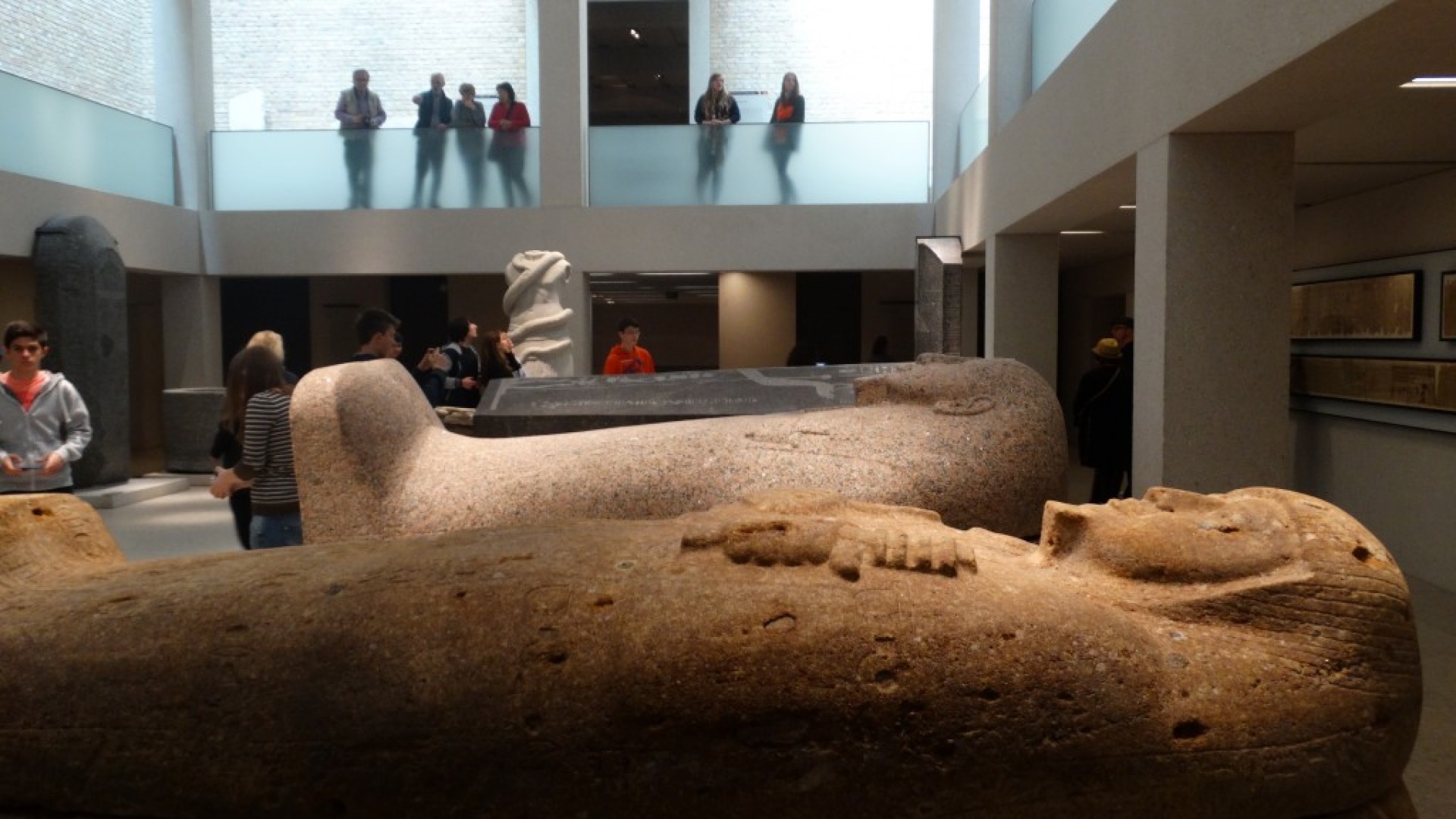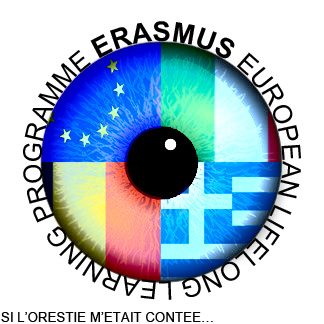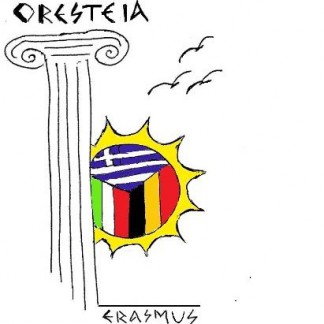This specific theme is chosen, in order to highlight certain educational ideas with a clear connection to the European ideology trying to get formed in recent years:
1) Justice and Social Order in The Oresteia
Democracy, emerging in the city-state of Athens, allowed unprecedented power to her citizens. Among these new powers was the ability to legislate. Yet, legislation was not without its problems. First, the citizens must agree upon what is just and unjust, and then enforce the law by bringing the unjust to reconcile their guilt with the public through trial, and finally dispense the appropriate penalty. This evolution was not without concern. The Greeks were attempting to establish a governmental system which would span the middle ground between anarchy and despotism.
2) Progression from Evil to Good in Oresteia
Progression from Evil to Good in Oresteia Aeschylus’ use of darkness and light as a consistent image in the Oresteia depicts a progression from evil to good, disorder to order. In the Oresteia, there exists a situation among mortals that has got out of control; a cycle of death has arisen in the house of Atreus. There also exists a divine disorder within the story which, as the situation of the mortals, must be brought to resolution: the Furies, an older generation of gods, are in conflict with the younger Olympian gods, because they have been refused their ancient right to avenge murders between members of the same family.
In the trilogy Oresteia, the issues concerned are the transformation from vengeance to law, from chaos to peace, from dependence to independence, and from old to new. These four significant changes all take place throughout the play and are somewhat parallel to the transformations that were going on in Ancient Greece. In Aeschylus’ trilogy, the Greeks’ justice system went through a transformation from old to new ways. In the beginning of the trilogy, the characters settle their matters, both personal and professional, with vengeance. In the end Justice and democracy win!
In The Eumenides and Agamemnon of The Oresteia trilogy, Aeschylus constructs an over-arching metaphor for elements of the new Athenian democracy. The chorus in each play represents the people who feel under-represented and disrespected, by the society’s changing values. In The Eumenides, the chorus of Furies is frustrated with the younger gods and infringements on their power; in Agamemnon the chorus fears more the control of an effective woman in Clytemnestra rather than the leadership of fruitless Agamemnon. Both choruses take direct actions thought to ensure their prominence.













